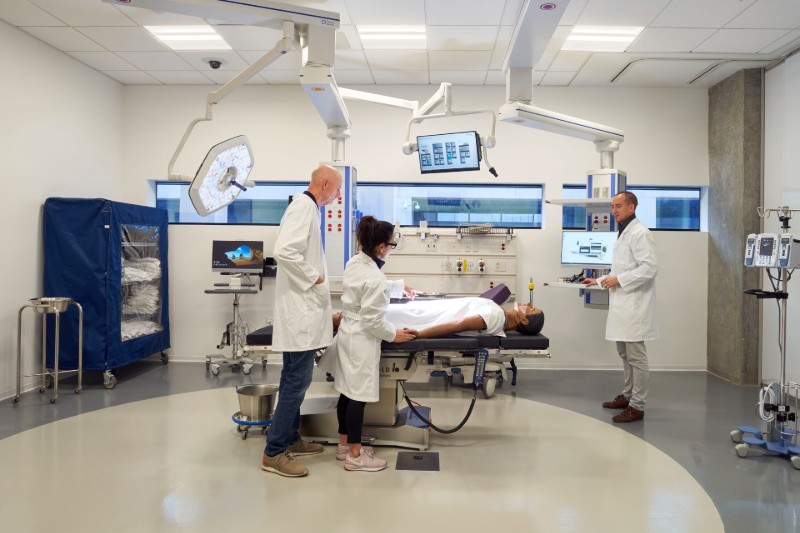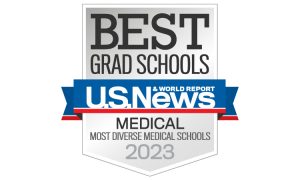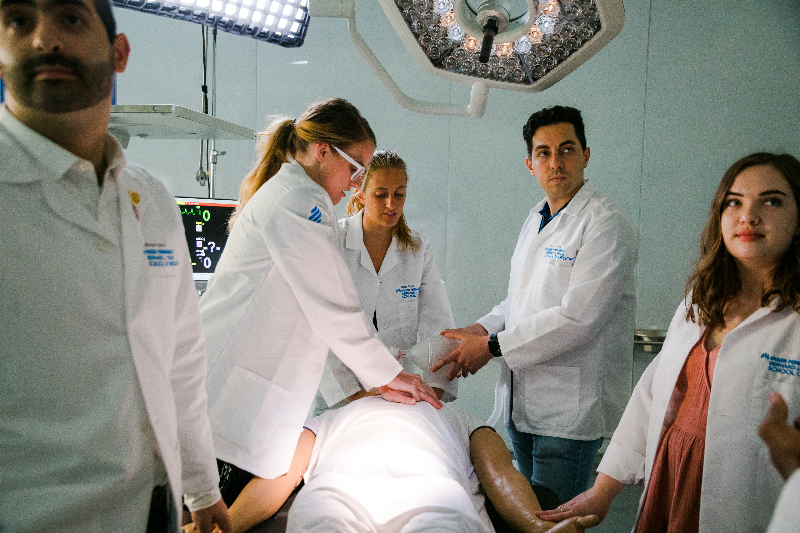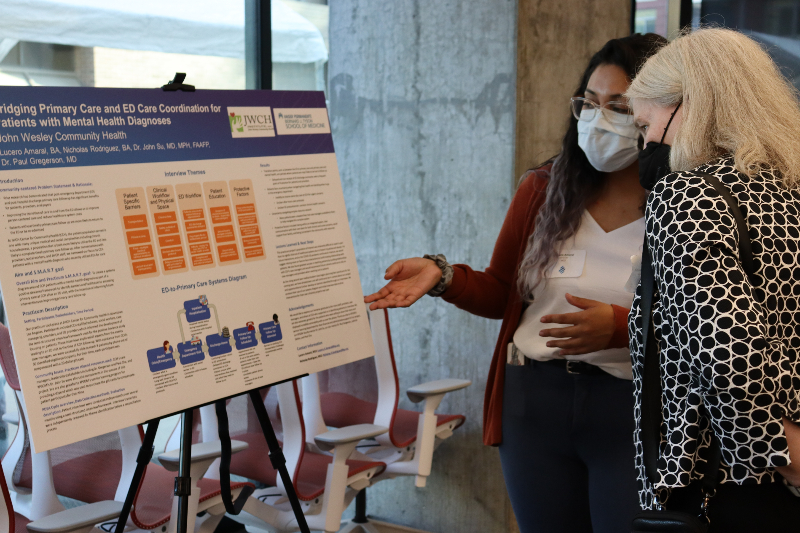Kaiser Permanente Bernard J. Tyson School of Medicine’s Simulation Center provides hands-on experience in a supportive environment.

U.S. News ranks Kaiser Permanente School of Medicine among most diverse in U.S.
The Kaiser Permanente Bernard J. Tyson School of Medicine was named today as the 6th most Diverse Medical School in the nation and 2nd in California by U.S. News & World Report as part its 2023 Best Medical School rankings.
The 2023 Best Medical School rankings are part of U.S. News & World Report’s annual ranking of the Best Graduate Schools in the country. For the second consecutive year, U.S. News published 4 new rankings of medical schools, including the most diverse.

The Kaiser Permanente medical school, which is located in Pasadena, Calif., opened in July 2020 with the mission of providing a world-class medical education that ignites a passion for learning, a desire to serve, and an unwavering commitment to improve the health and well-being of patients and communities.
“Promoting inclusiveness and diversity in medical education and the health professions is one of our school’s core values,” said Mark Schuster, MD, PhD, founding dean and chief executive officer of the Kaiser Permanente Bernard J. Tyson School of Medicine. “The concepts of equity, inclusion, and diversity inform so much of what we do, and we continue to look for ways to become a more and more inclusive school. We are honored to be recognized as one of the most diverse medical schools in the country.”
According to U.S. News & World Report, the percentage of underrepresented and under-included in medicine students enrolled at most medical schools is below the percentage in their state or in the United States. Students are defined as underrepresented or under-included in medicine if they are Black or African American, Hispanic or Latino, American Indian or Alaska Native, or Native Hawaiian or other Pacific Islander. U.S. News & World Report included 126 medical and osteopathic schools in its consideration of how successful they are at enrolling underrepresented or under-included students. The Kaiser Permanente School of Medicine’s inaugural class of students, who entered in 2020, is 36% self-identified as under-represented and under-included in medicine; and the second class, which entered in 2021, is 40%.
“We believe in the importance of diversity of thought, life experiences, race, ethnicity, age, gender, sexual orientation, language, abilities, veteran status, and socioeconomic background, and this is reflected in the variety of backgrounds embedded within our student body,” said Lindia Willies-Jacobo, MD, the school’s senior associate dean for admissions and equity, inclusion, and diversity. “We are thrilled to be recognized by U.S. News and remain committed to creating and fostering a diverse and inclusive community of students, faculty, and staff.”
In addition to this accolade, the WASC (Western Association of Schools and Colleges) Senior College and University Commission commended the Kaiser Permanente medical school for its commitment to equity, inclusion, and diversity in July 2021 when granting candidacy for its accreditation. Kaiser Permanente School of Medicine received 5 commendations from the commission, 2 of which highlighted the school’s efforts and progress in equity, inclusion, and diversity.
This is reprinted from the Kaiser Permanente Bernard J. Tyson School of Medicine site.


